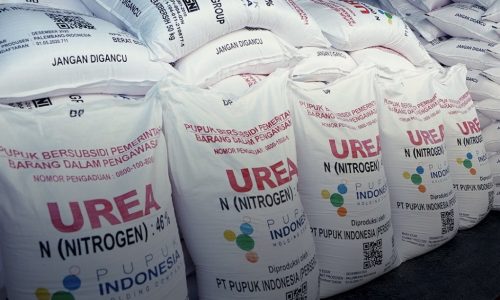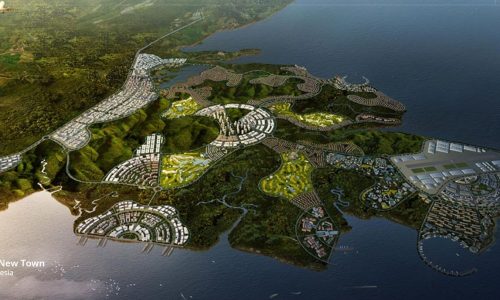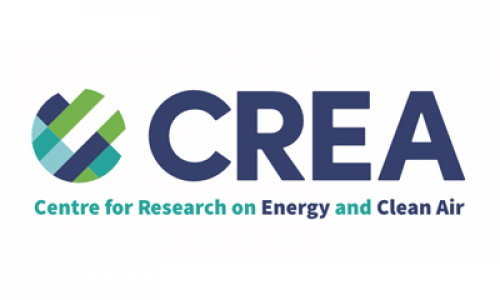President Joko Widodo recently claimed that he had possessed intelligence data related to political parties, which purportedly contains information about their internal affairs and strategies for the 2024 General Election.
Jokowi mentioned that this information is sourced from various civil and military intelligence agencies.
“At my disposal, are data from the State Intelligence Agency, the Indonesian National Police intelligence, and the Indonesian National Army intelligence, along with information from other sources,” President Jokowi stated during his attendance at the National Jokowi Secretariat volunteer event in Bogor, West Java, on Saturday, September 16, 2023.
The former Governor of Jakarta stated that intelligence agencies provide numerical data and survey results. Shortly thereafter, on Tuesday, September 19, Jokowi reiterated similar claims while visiting a market in Jatinegara, East Jakarta.
Jokowi confessed to receiving various political, social, and economic information, including data from the Financial Transaction Reports and Analysis Center. “My daily routine involves consuming figures, data, and routine reports,” he stated.
Potential abuse of power
Muhammad Haripin, the Coordinator of Research on Conflict, Defense, and Security at the National Research and Innovation Agency, commented that President Jokowi’s statements suggest potential misuse of authority and abuse of power.
With access to political party intelligence data, Jokowi is seen as having the potential to influence the 2024 General Election.
According to Haripin, the People’s Consultative Assembly (DPR) can establish a special committee to evaluate the performance of intelligence agencies.
The law grants the DPR the mandate to oversee legitimate intelligence institutions. The evaluation and investigation to be conducted by the DPR will focus on the urgency of collecting data related to political parties.









